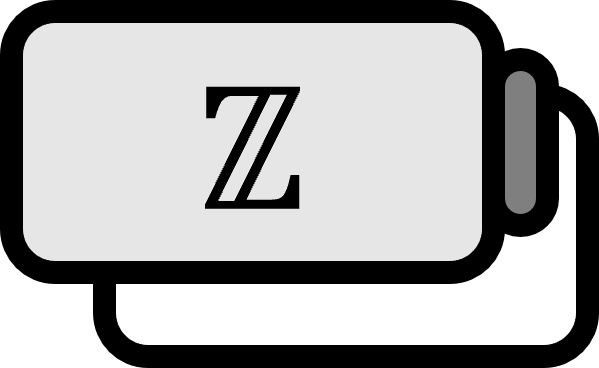Primitive Pythagorean Triples Can Be Expressed Using Only Two Odd Numbers
Theorem 1
For three natural numbers $a^2 + b^2 = c^2$ that satisfy $a,b,c$, there exist two coprime odd numbers $s>t$ that satisfy $$ \begin{align*} a =& st \\ b =& {{s^2 - t^2 } \over {2}} \\ c =& {{s^2 + t^2 } \over {2}} \end{align*} $$.
Description
According to this theorem, the term ‘Pythagorean triple’ becomes somewhat of a misnomer. Being able to reduce the number of variables is always good, no matter the subject.
Proof
Since $(a,b,c)$ is a Pythagorean triple, it follows $a^2 + b^2 = c^2$. If $a$ or $b $ is even, then if both $a,b$ are even, $c^{2} = a^{2} + b^{2}$ is also even, which means $(a,b,c)$ has a common divisor $2$, contradicting the assumption that it is a primitive Pythagorean triple. Without loss of generality, let’s assume $a$ is odd and $b$ is even.
Part 1. $\gcd \left( c-b, c+b \right) =1$
Since $(a,b,c)$ is a Pythagorean triple, $a^2 + b^2 = c^2$. Moving $b^2$ to the right side gives $$ a^2 = c^2 - b^2 = (c+b)(c-b) $$ If $b$ and $c$ have a common divisor $d_{1} \ne 1$, then $a^{2}$ can be expressed as $$ a^{2} = c^{2} - b^{2} = d_{1}^{2} \left( C_{1}^{2} - B_{1}^{2} \right) $$ for some $B_{1},C_{1}$, which implies that $a$ is also a multiple of $d_{1}$, contradicting the assumption that it is a primitive Pythagorean triple, therefore, $b$ and $c$ are coprime. If $(c+b)$ and $(c-b)$ are assumed to have a common divisor $d_{2} \ne 1$, $d_{2}$ is $$ 2b = (c+b) - (c-b) \\ 2c = (c+b) + (c-b) $$ a divisor of, and since $b$ and $c$ are coprime, $d_{2} = 2$ must hold. However, similarly, it can be shown that $$ a^{2} = c^{2} - b^{2} = d_{2}^{2} \left( C_{2}^{2} - B_{2}^{2} \right) $$ for some $C_{2} , B_{2}$, making $d_{2} = 2$ a divisor of $a$, which contradicts the fact that $a$ is odd.
Part 2. The Definition of $s,t$
For the square of $a$, $a^{2}$ to be expressed as the product of $(c-b)$ and $(c+b)$ like $$ a^{2} = (c-b)(c+b) $$ since $(c-b)$ and $(c+b)$ were coprime in Part 1, they must each be squares of some number $s,t$. Then setting $$ s^2 := c + b \\ t^2 := c - b $$ means, since $b$ is even and $c$ is odd, $s,t$ is a pair of coprime odd numbers that satisfy $$ st = \sqrt{(c-b)(c+b)} = a \\ {{s^2 - t^2 } \over {2}} = b \\ {{s^2 + t^2 } \over {2}} = c $$
Part 3. Verification
$$ \begin{align*} \left( st \right)^{2} + \left( {{ s^{2} - t^{2} } \over { 2 }} \right)^{2} &= s^{2} t^{2} + {{ s^{4} - 2 s^{2} t^{2} + t^{4} } \over { 4 }} \\ =& {{ s^{4} + 2 s^{2} t^{2} + t^{4} } \over { 4 }} \\ =& \left( {{s^2 + t^2 } \over {2}} \right)^{2} \end{align*} $$ Moreover, a primitive Pythagorean number, when expressed in terms of $s,t$, satisfies the following: $$ \gcd \left( st , {{ s^{2} - t^{2} } \over { 2 }} \right) = 1 \\ \gcd \left( {{ s^{2} - t^{2} } \over { 2 }} , {{ s^{2} + t^{2} } \over { 2 }} \right) = 1 \\ \gcd \left( {{ s^{2} + t^{2} } \over { 2 }} , st \right) = 1 $$ Therefore, $\displaystyle st, {{s^2 - t^2 } \over {2}}, {{s^2 + t^2 } \over {2}}$ is a primitive Pythagorean triple.
■
Silverman. (2012). A Friendly Introduction to Number Theory (4th Edition): p17. ↩︎
